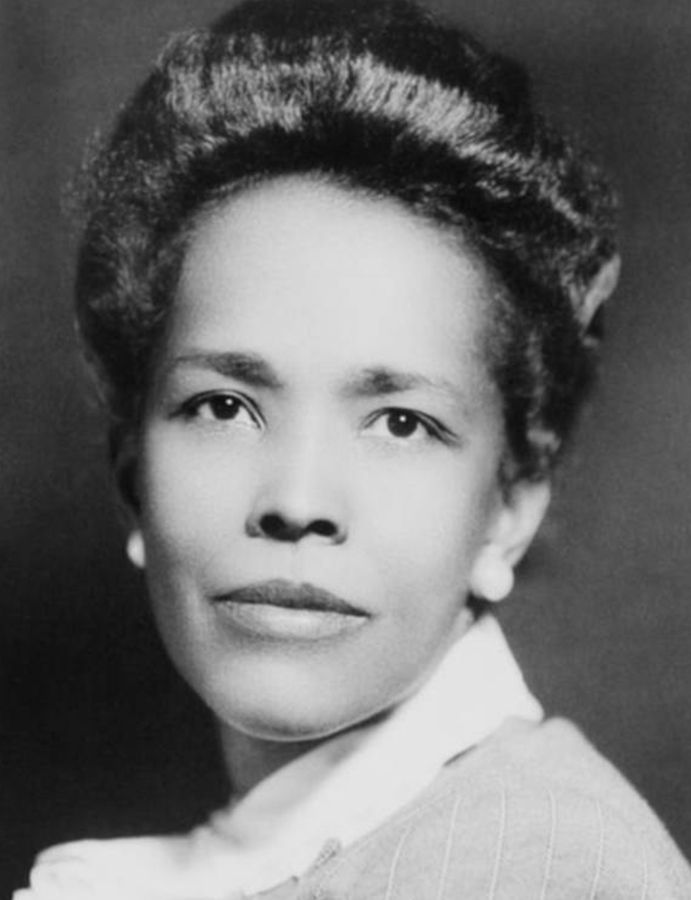
lla Baker was an energetic grassroots Civil Rights leader whose brief highlights include her work as the director of branches for the NAACP, multiplying its membership from 50,000 to 450,000 in a 5-year span. Ella Baker’s desire to empower young leaders and activists later birthed the Student Nonviolent Coordinating Committee (SNCC).
Ella’s father, Blake, was committed to his family, yet his job kept him away from home for extended periods. Ella was favored by her maternal grandfather, Mitchell R. Ross, a Baptist preacher who referred to her as the “Grand Lady” and seated her beside him at the pulpit when he preached. However, Pastor Ross died when Ella was only six or seven years-old.
Ella’s mother, Georgiana Ross Baker, went to school to be a teacher and taught her children to read before they began school. Georgiana was a leader in state-wide church organizations that uplifted women and cared for the sick and shut-ins. Georgiana modeled how the strength of organizations comes from the commitment and cooperation of the everyday people comprising them.
Ella’s grandmother, Josephine Elizabeth “Bet” Ross, was born in slavery as the product of her mother’s master/rapist. Jealousy moved his wife to poison Josephine’s mother the day she was born—Christmas. Josephine’s grandmother reared her, thereafter.
Ella inherited her middle name from her grandmother, as well as her defiance. Bet was threatened with a whipping for refusing a marriage her mistress arranged. Her enslaver declined to whip her, however, and instead sent her to work the fields and not the house duties she’d been accustomed to.
Bet plowed all day and danced all night to show her will hadn’t been broken. Her feisty and festive spirit was still active during Ella’s lifetime, and she was still playing catch with her offspring all the way into her 70s.
After Emancipation, Bet and Mitchell Ross bought 250 acres of land in Littleton, North Carolina that they had previously worked when enslaved. They donated part of the land for a church building that doubled as a school during the week. They also lent 50 acre lots to landless African Americans to help them get started as independent farmers instead of sharecropping for former enslavers. That’s the soil Ella Baker’s grassroots philosophy sprouted from.